Fans Have Too Much Control Over Their Fandoms
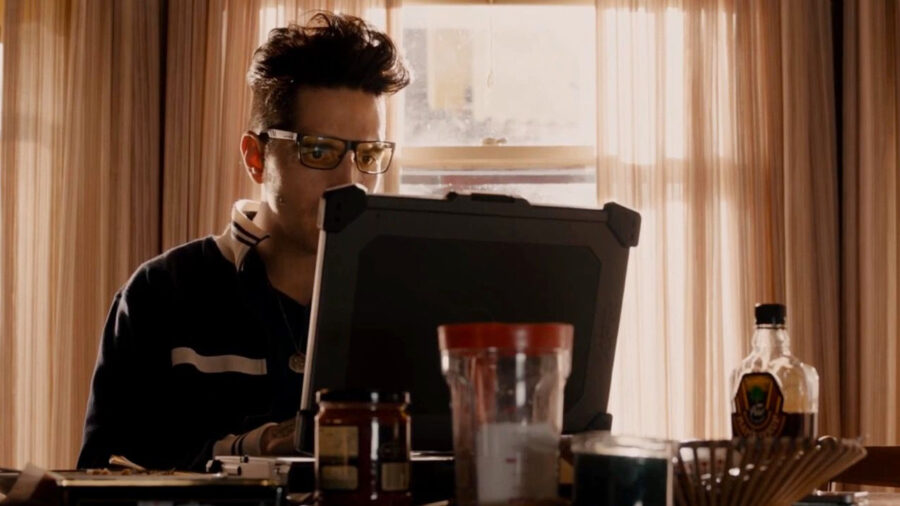
Fans’ direct influence over their favorite fandoms has always been a double-edged sword. On one hand, overzealous fans saved the original Star Trek from cancellation. On the other hand, nerd outrage convinced J.J. Abrams to retcon everything in The Last Jedi and bring back Palpatine for The Rise of Skywalker.
When Has An Angry Mob Ever Been A Good Thing?

Today, thanks to social media platforms like X and TikTok, fans have unprecedented access to the creators behind their favorite IPs. In my opinion, this has led to fans having too much control over their own fandoms. We’ve seen firsthand the influence a mob of angry fanatics can have on a franchise, and it’s not pretty.
Traditionally, the role of the fan is to obsess over a fandom, and the role of the creator is to give fans more to obsess over. This symbiotic relationship has worked for the most part since genre fiction began. In fairness, there were always outliers …
Artistic Integrity Compromised By Commercialism

In 1893, Sir Arthur Conan Doyle, burnt out from constantly creating believable mysteries for Sherlock Holmes to solve, killed the famous detective in a story called “The Final Problem.” However, pressure from rabid Sherlock Holmes fans caused him to resurrect the super sleuth 10 years later in “The Adventure of the Empty House.” Even Victorian-era fandoms had their share of pushy fans.
Was Holmes’s resurrection a bad thing? Were his post-death tales any less spellbinding? I honestly can’t say it, but I know one thing: bringing Holmes back wasn’t an artistic choice but a commercial one.
Happy fans buy more books, and therein lies the problem.
Disney Star Wars Plays Out More Like Fan Fiction

I mentioned the Star Wars franchise because it’s a perfect example of fans having too much control over a fandom. Adult Star Wars fans were very vocal about their disdain for the Prequel trilogy when it came out. As a result, Disney makes The Force Awakens a two-hour love letter to the original trilogy. There’s a new Luke, a new Vader, X-Wings, Han Solo, a Death Star—all the greatest hits.
As a result, the movie plays like fan fiction. It’s the most lovingly crafted piece of fan fiction ever written, but fan fiction nonetheless. Simply put, the Sequel trilogy often feels like a trio of movies cosplaying as Star Wars. And it was all because Disney hoped to get Star Wars fans who tuned out after the prequels to embrace the fandom again.
Justice For Jar Jar!
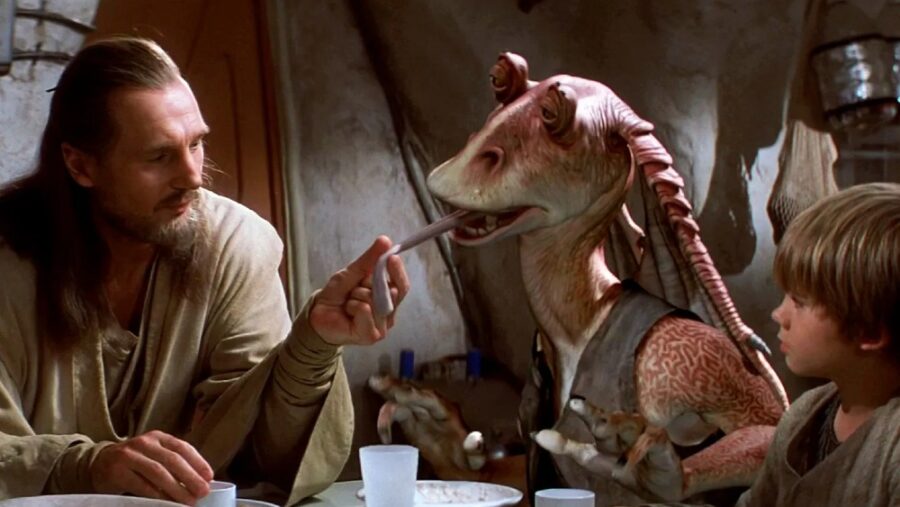
Now compare that to the Prequels. For all the crap—warranted or not—the Prequels get, not “feeling” like Star Wars is seldom one of them. George Lucas didn’t make The Phantom Menace to please fans. He made it to please himself. As a result, the film might be messy, but it’s unmistakably Star Wars.
And yet, while making the prequels, the fan pressure did get to Lucas. How else do you explain why Jar Jar Binks goes from third lead in Episode I to a glorified cameo in Episodes II and III? George is full of unbridled enthusiasm for Jar Jar Binks in all of the Phantom Menace’s behind-the-scenes stuff.
At one point, he even calls the annoying Gungan “the key to all of this,” referring to the movie as a whole. Are you telling me if fans didn’t hate Jar Jar like they did, Lucas would still have given him like five minutes of screen time in the second movie? I don’t think so.
Ghostbusters Played It Safe
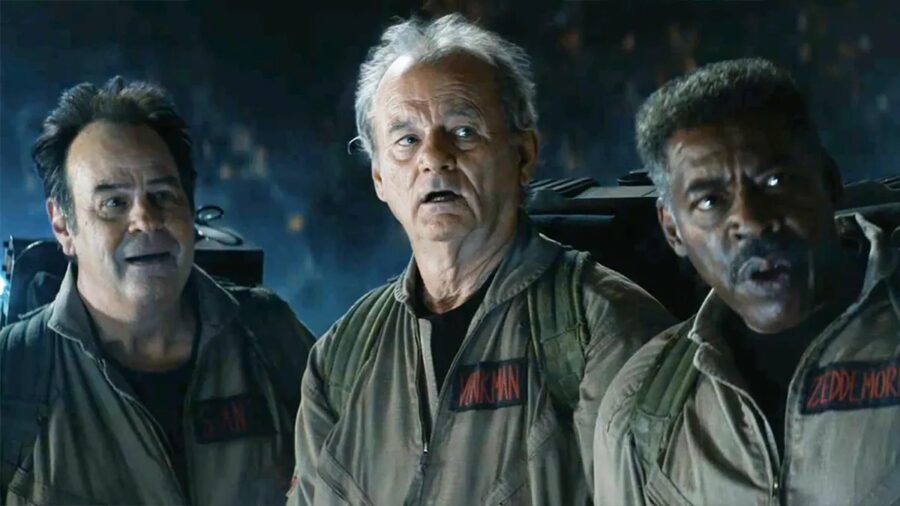
The problem with fans dictating what happens in their fandoms is that what they want and what’s best for the story are seldom the same. Giving fans “what they want” is how we get movies like Ghostbusters: Afterlife. Ghostbusters 2016 tried something new and failed. As a result, Sony made sure they took almost zero risks with Afterlife and instead remixed the best parts of Ghostbusters and its sequel and slapped a new coat of paint on the finished product.
Afterlife isn’t bad—it’s my third favorite Ghostbusters movie, for what that’s worth—but it is an incredibly safe film. I hated Ghostbusters 2016, but I would argue that it’s a more respectable film than Afterlife because it took chances. Not good ones but that’s beside the point.
The Acolyte Took A Beating From A Vocal Minority
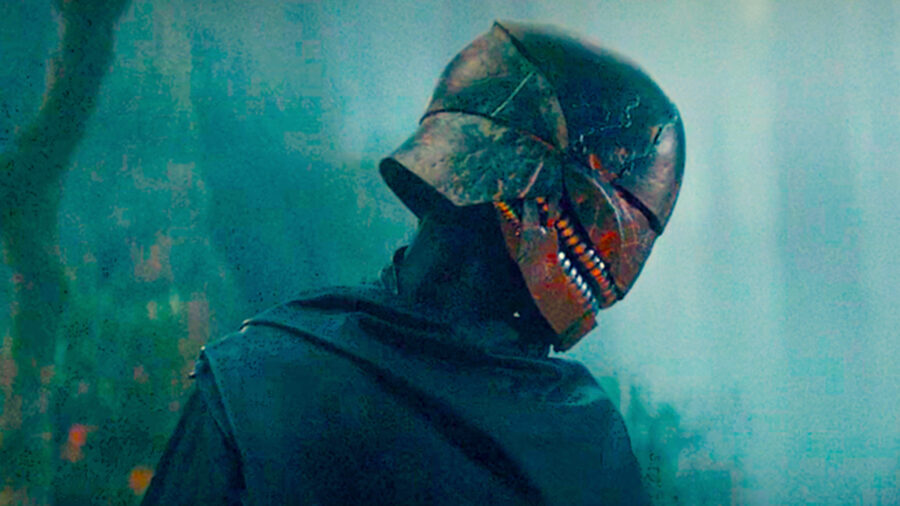
The more direct control a fanbase has over its fandom the more artless product it will churn out. Especially when modern franchises do take risks and the fans crucify them for it. The Acolyte wasn’t like any Star Wars project before it and as a result, a very vocal minority in the Star Wars fandom attacked it mercilessly.
If the show had truly been as bad as the trolls said and failed on its own, that would have been one thing. But because the fans specifically lashed out at all the elements that made the show different, Disney is now less likely to take any chances with the franchise. And who knows, maybe that’s what fans want—fandoms that merely re-run the same bits over and over again. After all, The Force Awakens certainly made more money than The Phantom Menace.
Most Fans Don’t Know What They Want
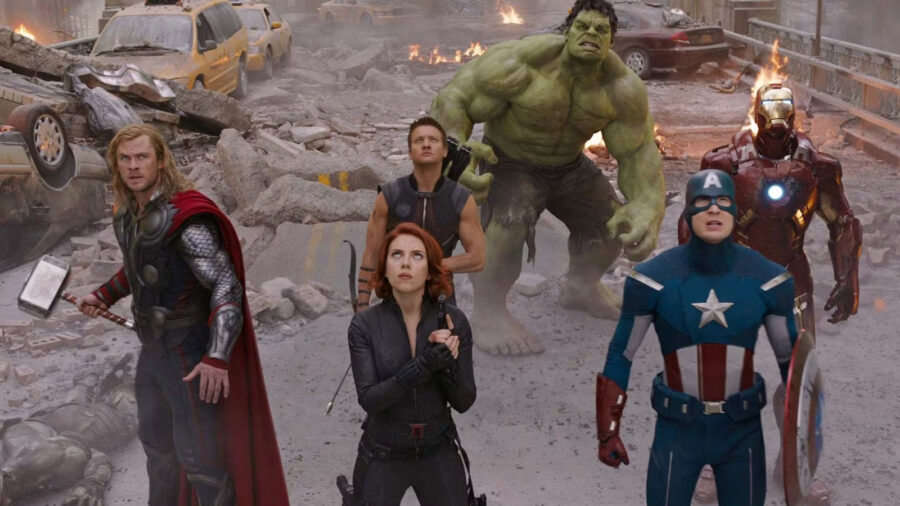
Perhaps fans of popular fandoms just want mindless comfort rather than art. Maybe I, and the Star Wars fans who actually want to see the franchise move in a new direction, are in the minority. All I know is that fans having this much control over popular franchises feels gross and wrong.
When you first became a Trekkie, or Marvel Zombie, or a Star Wars fan, it wasn’t because those properties gave you exactly what you wanted. It was because you didn’t know what you wanted until you discovered them.
Fandom Is A Self-Defeating Prophecy
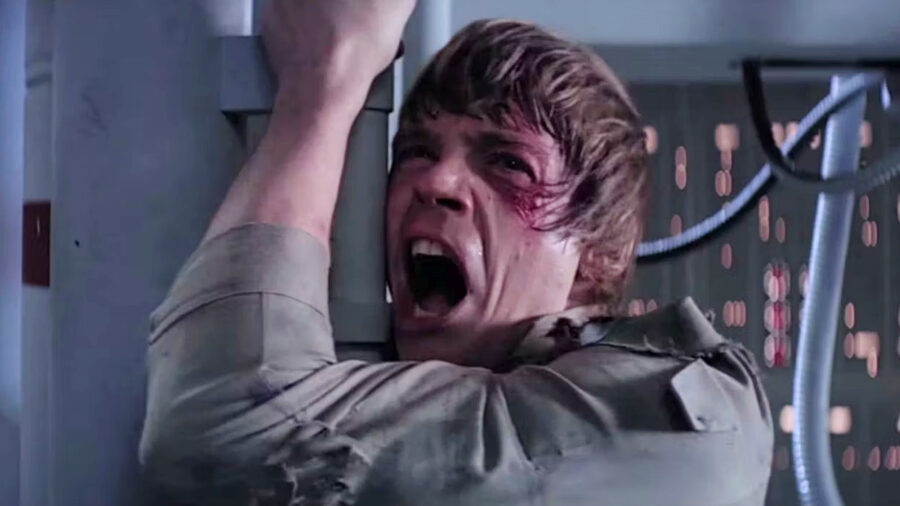
Star Wars shaped my tastes as a child. It helped me discover what I like in a story and what I don’t. For fans to now be the ones shaping the Star Wars fandom feels backward and unnatural, like…the Dark Side.
Sadly, it’s not going to end anytime soon. We, as fans, are destined, like Anakin, to destroy what we love the most, the very fandoms that have given us so much joy throughout our lives.












